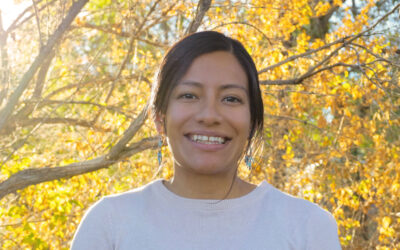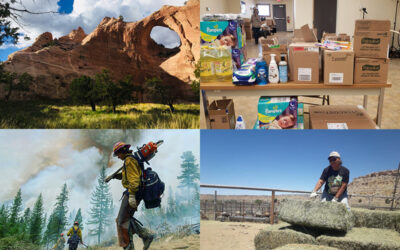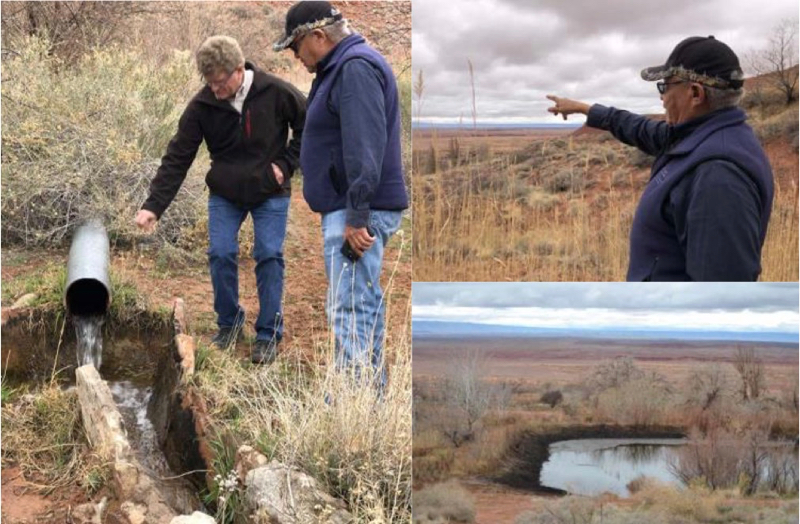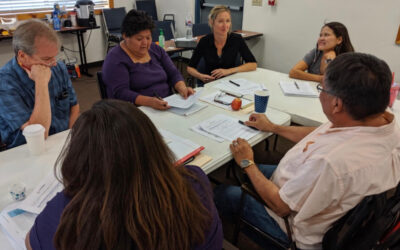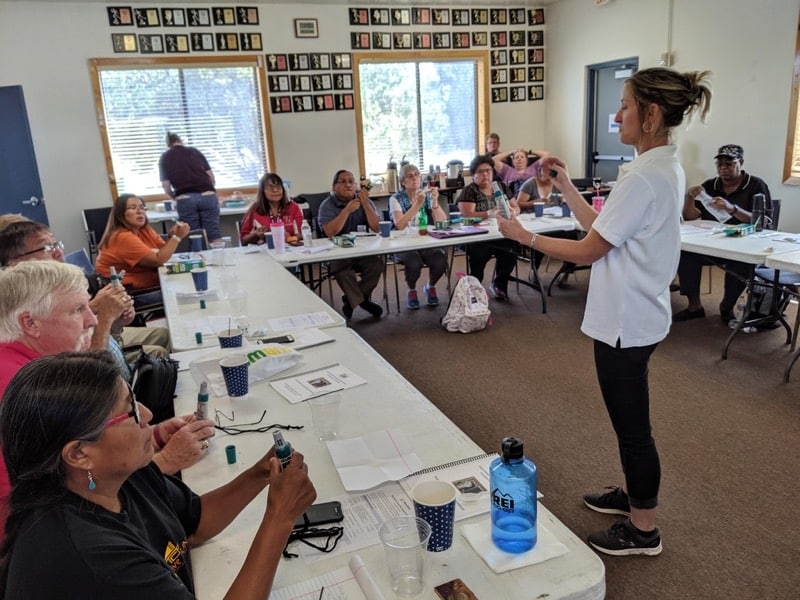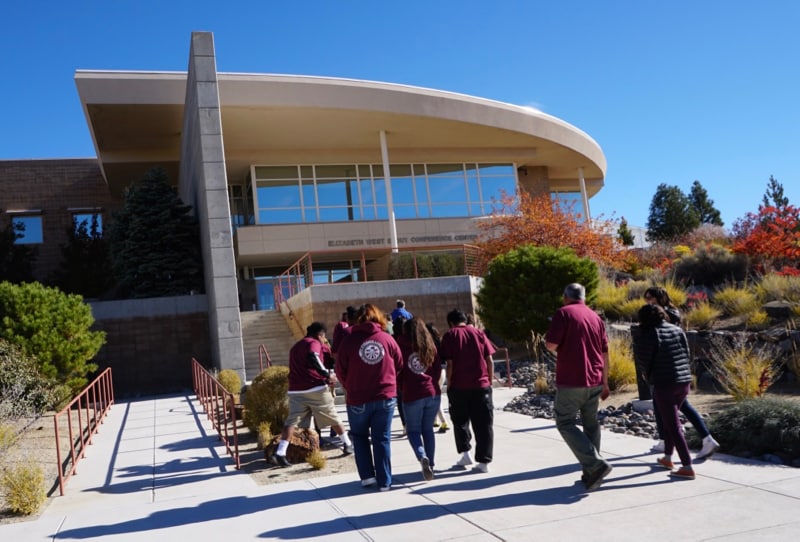Brianda Hernandez Rosales is a graduate research assistant with the Division of Hydrologic Sciences at DRI in Reno. She recently earned her Master’s degree in hydrogeology from the Graduate Program of Hydrologic Sciences at the University of Nevada, Reno (UNR).
New USDA Grant to Support Climate Resilience Planning in Indian Country
A new USDA grant will fund the “Native Climate” project, which will build relationships and narrow the climate justice gap in Native American communities of the Intermountain West.
From COVID-19 to Drought: Collaborating on Emerging Challenges Across Indian Country
The Native Waters on Arid Lands project’s COVID-19 Working Group is a network of partners working together to solve problems and share information across Indian Country.
New USDA Grant Will Fund COVID-19 Rapid Response Toolkit for Tribal Extension Agents
Reno, Nev. (July 23, 2020) – Several members of the Native Waters on Arid Lands (NWAL) project team, led by Maureen McCarthy, Ph.D., of the Desert Research Institute (DRI) in Reno, have been awarded a $300k grant from the US Department of Agriculture National...
New USDA grant to support Diné (Navajo) and Hopi Teachers in Placed-Based STEM curriculum
Meghan Collins received a $100k grant from to develop a STEM curriculum with the Diné (Navajo) and Hopi communities.
Science of Place: DRI researchers and teachers develop localized science lessons for Native American classrooms
Climate change, in the abstract, can be a difficult phenomenon to comprehend – but on the ground, youth from Native American reservations in Arizona are already experiencing everyday impacts in the form of droughts and warming temperatures. To help Arizona teachers...
Native Waters on Arid Lands project holds DRI Youth Day and Tribal Summit
On a Monday morning in mid-October, several small groups of students from Pyramid Lake Junior/Senior High School gathered around tables inside of a conference room at the Desert Research Institute in Reno, sketching ideas, visions, and plans of what they want life on...
